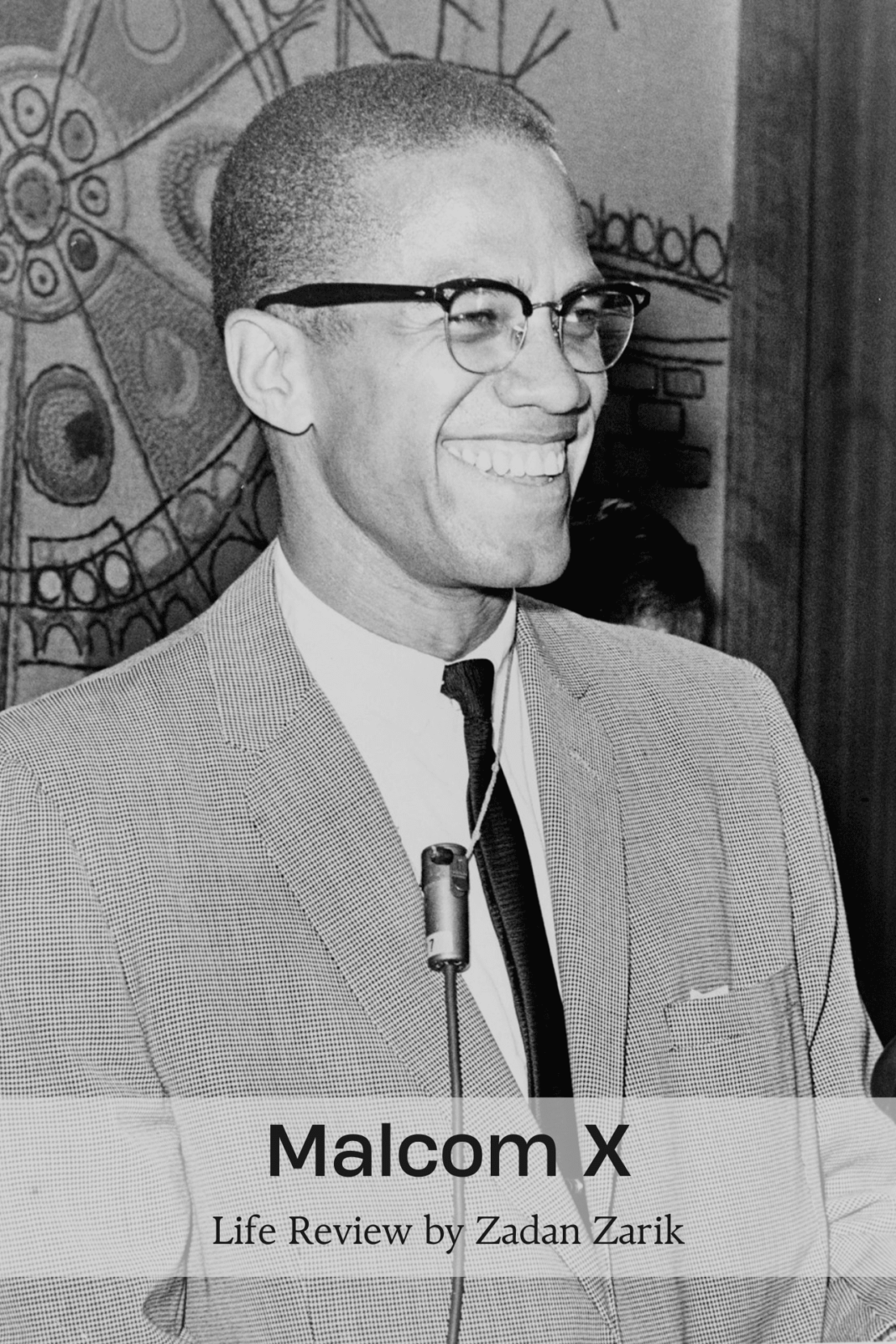Malcolm X, born Malcolm Little, was a powerful and influential figure whose life journey serves as a testament to the transformative power of self-education, resilience, and a relentless pursuit of justice.
From a troubled youth marked by poverty, crime, and a fractured family, Malcolm X emerged as a symbol of resistance against racial injustice. His early experiences with racism and systemic oppression fueled a fervent determination to challenge the status quo and advocate for the rights of African Americans.
Malcolm’s life took a pivotal turn during his imprisonment, where he embraced the teachings of the Nation of Islam and its leader, Elijah Muhammad. Through rigorous self-education, he transformed his perspective on race, religion, and societal structures. His journey within the Nation of Islam saw him rise as a charismatic and impassioned speaker, advocating for black empowerment, self-defense, and the rejection of the racial hierarchy imposed by a predominantly white society.
However, Malcolm X’s evolution didn’t stop there. Following a pilgrimage to Mecca and a break from the Nation of Islam, he underwent a profound ideological shift. His experiences in Mecca exposed him to a more inclusive and egalitarian interpretation of Islam, prompting him to reassess his views on race and collaboration between different ethnicities in the struggle for justice.
In the latter part of his life, Malcolm X became an advocate for global human rights, addressing issues that extended beyond racial boundaries. His dedication to justice, equality, and the upliftment of oppressed communities resonated with people worldwide.
Tragically, Malcolm X’s life was cut short by assassination in 1965. Yet, his legacy endures as an inspiration to countless individuals fighting against oppression. His journey reminds us of the power of education, self-discovery, and the capacity for profound personal transformation. Malcolm X’s contributions to the civil rights movement continue to shape conversations about racial equality, justice, and the ongoing struggle for a more equitable society. In reflecting on his life, we find motivation to stand against injustice, challenge preconceived notions, and strive for a world where everyone is treated with dignity and respect.




